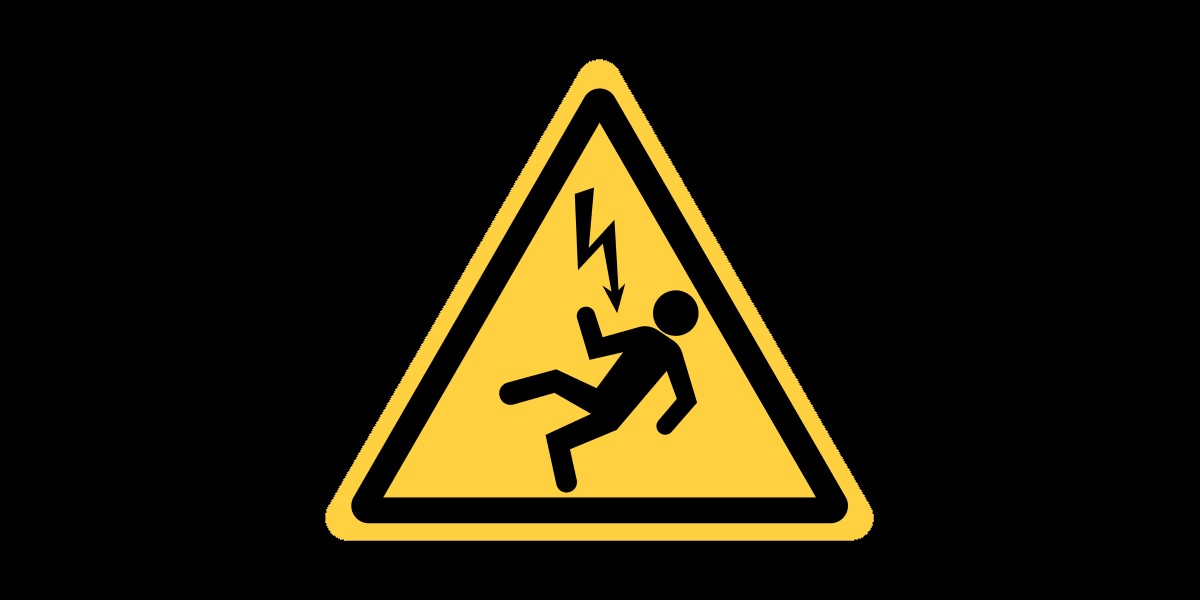Duelling Techies Debugged Printer By Testing The Strength Of Electric Shocks

On Call As Friday rolls around it's natural to feel a little low on energy. But this week's On-Call – The Register's weekly tale of tech support trauma – is positively crackling with electricity to pep you up before the weekend!
This story came from a reader we'll Regomize as "Charlie" because it comes from his time working for a chocolate company.
"I'd become the go-to person for anything that was not strictly operations or programming," Charlie told The Register. That meant anything from hardware issues to cabling to OS patching landed on his to-do list.
Charlie's chores often saw him work with a colleague he suggested we call "Stan" whose sole responsibility was hardware.
Charlie and Stan did not get on.
"He had a standard response of 'that must be a software issue' when his attempted fixes failed," Charlie told On-Call.
That pat response emerged on such occasions as when a printer attached to a terminal in a newly refurbished warehouse refused to work.
Stan glanced at the printer and, without evidence, diagnosed a software issue.
Charlie asked to swap out some components just to make sure the hardware was not at fault, and as he did so felt "a bit of a tingle of the stray voltage variety."
Stan dismissed that as a phantom shock caused by stray shielding that felt prickly to the touch, and the pair continued to work.
Then came a proper jolt. Charlie reckons his tingling was about 20V. Stan copped 100V or more – and still insisted it was a software problem because an app hadn't recognized the hardware and therefore somehow failed to regulate current. Or some such malarkey.
- Service desk tech saved consultancy Capita from VPN meltdown, got a smack for it
- PC tech turns doctor to diagnose PC's constant crashes as a case of arthritis
- What's up with IT, Doc? Rabbit hole reveals cause of outage
- If you have a fan, and want this company to stay in business, bring it to IT now
Charlie and Stan survived that incident and were still working together a couple of years after. Extra responsibilities had come Charlie's way in the interim such that he was in charge of a team installing a colossal disk array attached to a mainframe.
Sadly, that job went badly: the system could not see its newly attached storage.
Stan became involved, and naturally suggested it was a software problem.
A wager was then proposed. The 100-volt jolt meant Charlie had won the last round of the bug identification battle. This time around the two resolved that the source of the correct diagnosis would acquire a case of something tasty for the loser.
Debugging progressed to the "pulling off the cover and looking around inside" stage.
At which point a ribbon cable fell to the floor.
Someone had forgotten to plug it in. Surely that made the storage problems incontrovertibly a hardware fault?
No. Stan stuck to his diagnosis of a software problem: the array worked fine, it was just that software couldn't configure it!
Charlie ended his mail to On-Call with a question about how to calculate interest on the case of beer he feels he's been owed for 40 years.
Would it be rude of us to suggest there's software to figure that out?
Has a colleague who denies reality made it hard to do your job? Or are you still waiting for a workplace wager to settled? Share either sort of story in an email to On-Call and we may use it to energize readers on a future Friday. ®
From Chip War To Cloud War: The Next Frontier In Global Tech Competition
The global chip war, characterized by intense competition among nations and corporations for supremacy in semiconductor ... Read more
The High Stakes Of Tech Regulation: Security Risks And Market Dynamics
The influence of tech giants in the global economy continues to grow, raising crucial questions about how to balance sec... Read more
The Tyranny Of Instagram Interiors: Why It's Time To Break Free From Algorithm-Driven Aesthetics
Instagram has become a dominant force in shaping interior design trends, offering a seemingly endless stream of inspirat... Read more
The Data Crunch In AI: Strategies For Sustainability
Exploring solutions to the imminent exhaustion of internet data for AI training.As the artificial intelligence (AI) indu... Read more
Google Abandons Four-Year Effort To Remove Cookies From Chrome Browser
After four years of dedicated effort, Google has decided to abandon its plan to remove third-party cookies from its Chro... Read more
LinkedIn Embraces AI And Gamification To Drive User Engagement And Revenue
In an effort to tackle slowing revenue growth and enhance user engagement, LinkedIn is turning to artificial intelligenc... Read more

